10 habits to set now if your New Year's resolution is to save for a house
The experts reveal their top tips to make getting a foot on the property ladder a reality in 2025
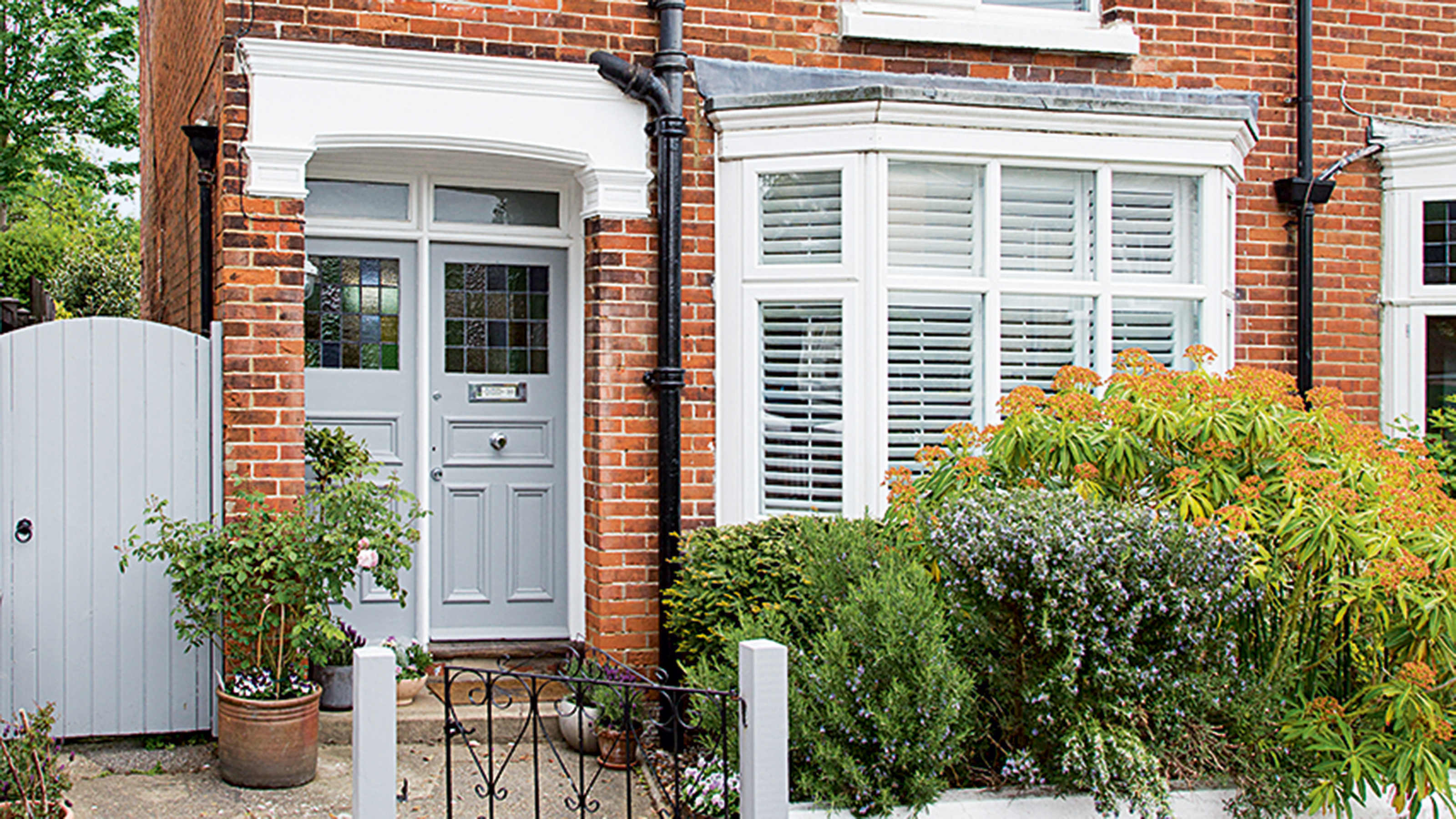

With the new year fast approaching, many of us will be thinking about resolutions and goals for the coming year And one of the biggest ones is buying a house.
Frustratingly, getting onto the property ladder can seem rather daunting, especially when you consider the current mortgage rates, rising house prices, unpredictable housing market and general cost of living.
‘Despite interest rates falling to their lowest rate in the last few years (4.75% in November), inflation rebounded back above the 2% target in recent weeks, making it increasingly challenging to save for a deposit as the cost of living continues to soar,’ reveals Jonathan Bone, Head of Mortgages at Better.co.uk.
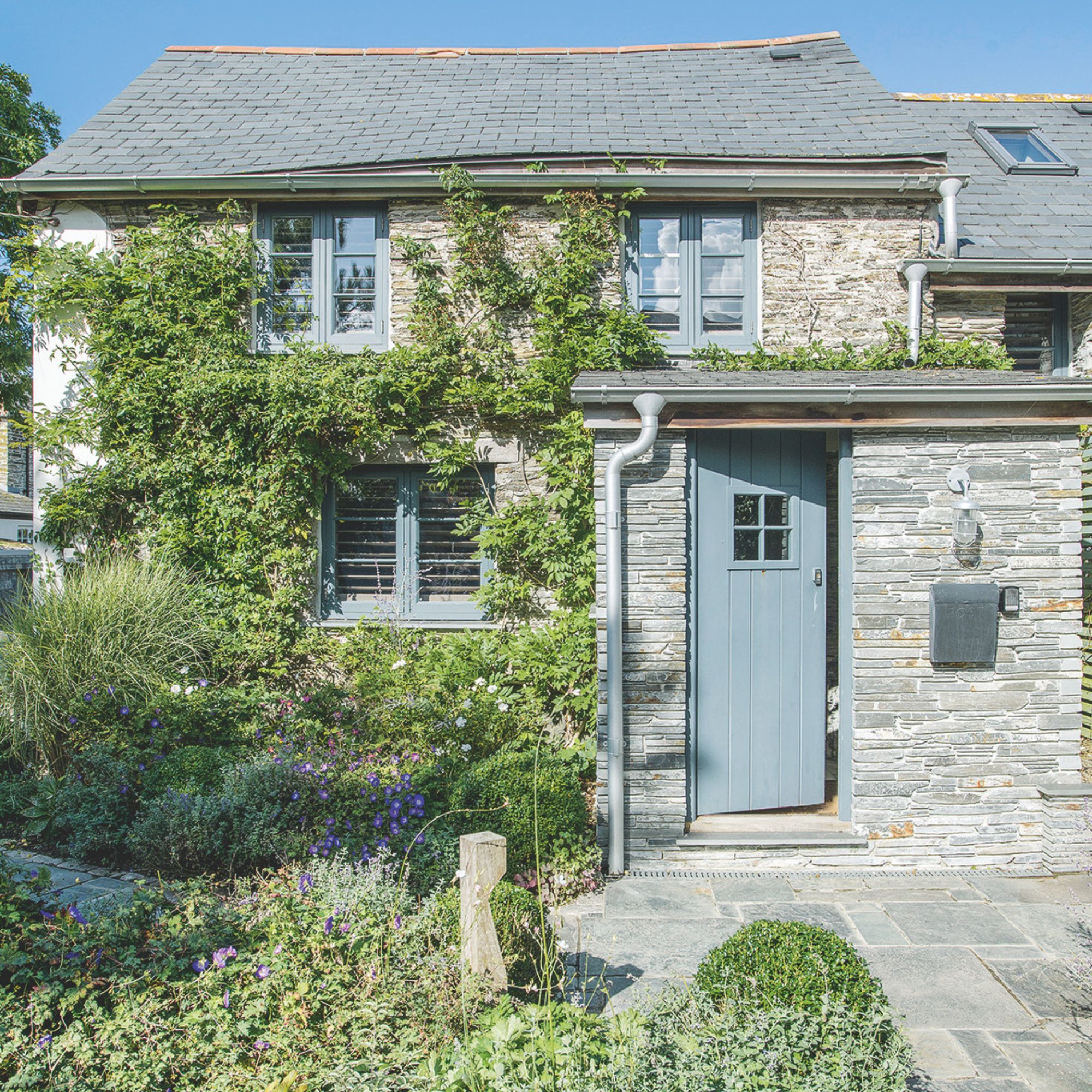
And with ‘the median house deposit for first-time buyers over the last 12 months being around £40,000 – or £79,000 for next-time buyers,’ according to Jonathan, saving often feels like an uphill battle.
But there are other steps you can take to build a deposit, especially if you’re planning well ahead. And a number of habits in particular can make saving that bit easier and potentially even enjoyable, once you get into the swing of things.
Keep reading for lots of inspiration to get you that much closer to being able to buy a house in 2025…
1. Set a clear savings goal
It’s all well and good saying that you’re saving for a deposit, but this amount can vary considerably depending on where you’re looking to purchase. First and foremost, you’ll want to ‘carry out research on the area(s) you would like to move to,’ suggests Vicki Skinner, Chartered Financial Planner and Wealth Administration Manager at BRI Wealth Management.
‘You can also usually find out the approximate running costs of houses, which may also be helpful to see if it is affordable for you. Knowing how much you need to save will determine other elements such as the timeframe and how achievable it is to reach this goal,’ she adds.
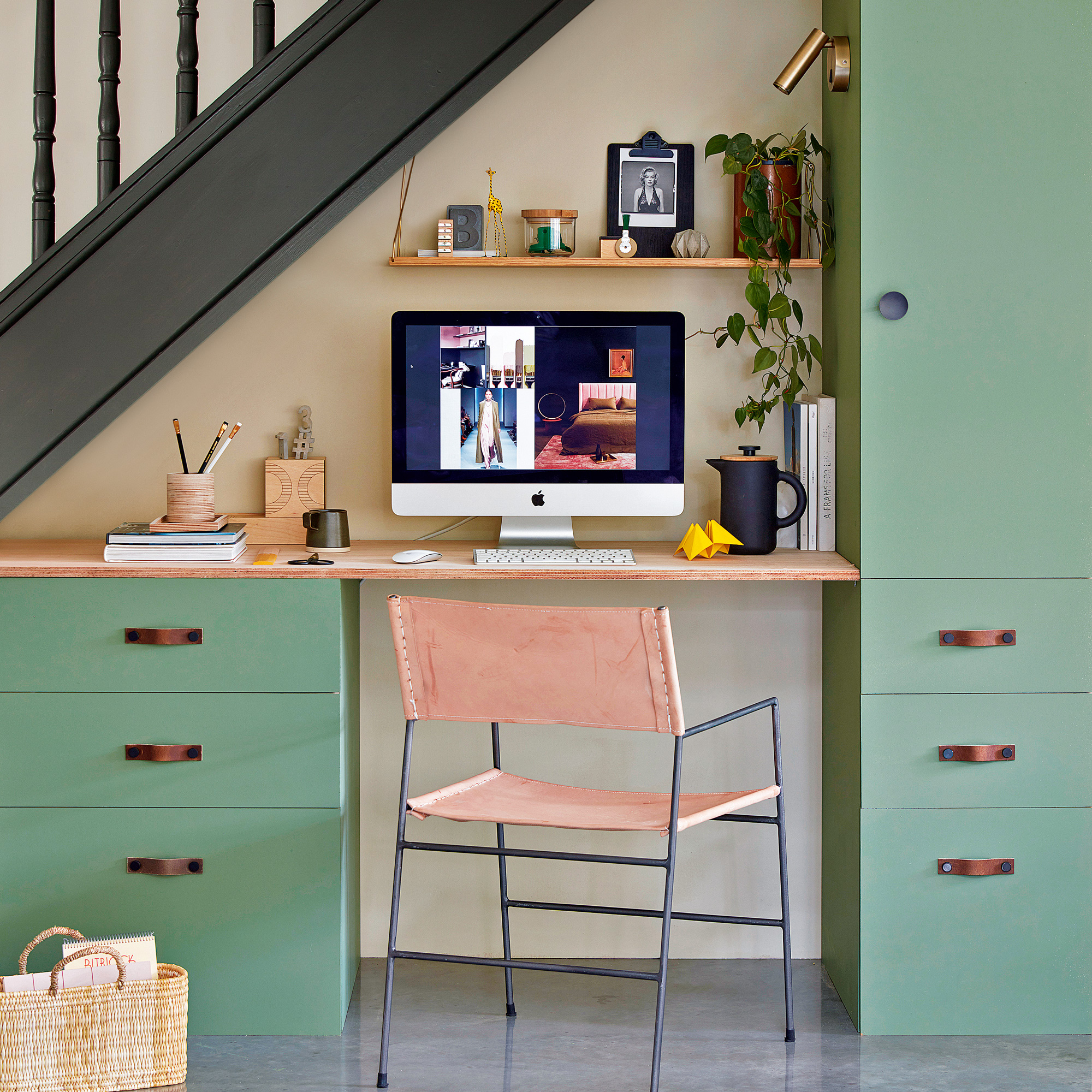
2. Budget and save for additional expenses
Even though saving for a house deposit seems like the end goal, there are a number of additional expenses and hidden costs of moving houses which come with buying a home that you might not have considered. ‘These include, but are not limited to, stamp duty (it is worth noting that stamp duty relief for first-time buyers will revert to previous levels on March 31, 2025), conveyancing fees, home insurance, and moving costs, among others,' Jonathan adds.
So, you’ll want to budget for these additional costs as you save. The last thing you want, when you find your dream property, is to have saved enough for your deposit only to discover that you don’t have the budget to cover these costs.
3. Create a monthly budget and track your spending
Now, you may have some semblance of a budget when you’re doing your supermarket food shop, but to be in the best place to save, ‘it’s essential that you begin by examining your monthly outgoings and expenses,’ Jonathan admits.
You can either use a spreadsheet or a dedicated budgeting app to help you identify any unnecessary purchases – from too many takeaways and daily coffees, to subscriptions that you completely forgot about. You can then take those savings and put them towards your deposit. ‘Saving £5 a day could add up to over £1,800 in a year, which is a significant chunk of a deposit,’ reveals Fiona Peake, Personal Finance Expert at Ocean Finance.
Identifying your spending habits will also help you to prioritise your essential expenses – like rent, transportation and groceries – while understanding what you have left over to allocate to savings and non-essentials.
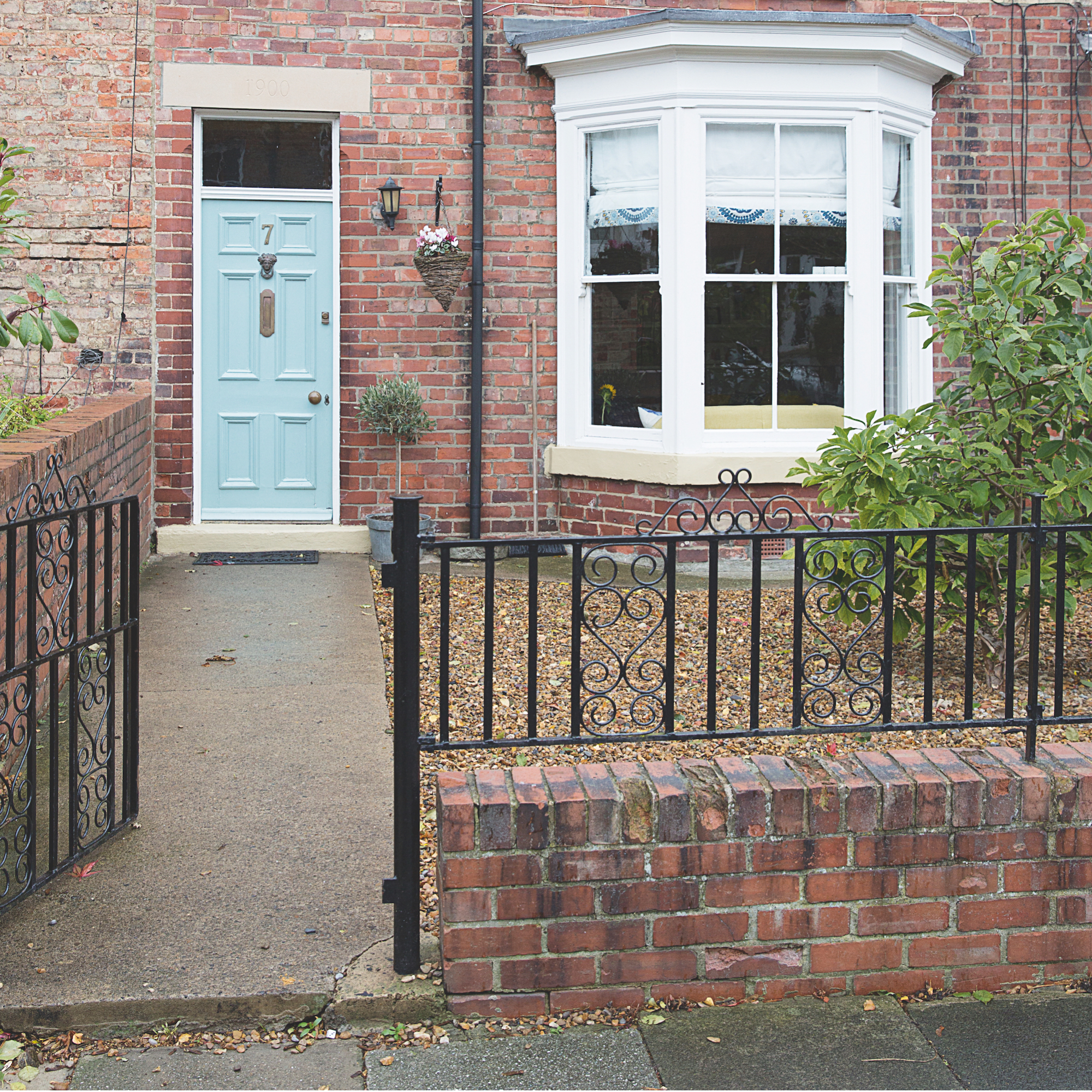
4. Set spending caps
Whatever you’re budgeting for, this habit can come in handy for everything from gift buying and meals out to saving for a holiday, all while still being able to put some money away for your deposit.
It can often feel a bit tricky to discuss money with friends and family, but it’s so important if you’re working towards a big goal such as saving for a house. ‘Your loved ones will understand, and they may be feeling the same way, so they could be equally happy to agree on a present spending cap,’ Jo says.
5. Embrace a no-spend challenge
A no-spend challenge is a great habit to implement in 2025. By only spending on the essentials for an entire weekend, week or even a month, ‘this practice not only accelerates your savings but also builds financial discipline and helps you resist unnecessary purchases,’ Jonathan affirms. Plus, ‘the progress you make during each challenge can keep you motivated and bring you closer to achieving your house deposit goal.’
I’ve personally done a few no-spend weeks and even a no-spend month, and while it does take some discipline, it’s actually a lot more doable than you might think. My top tip would be to start small, by trying it out over a weekend and build up to longer periods of time, where you only spend on the essentials.
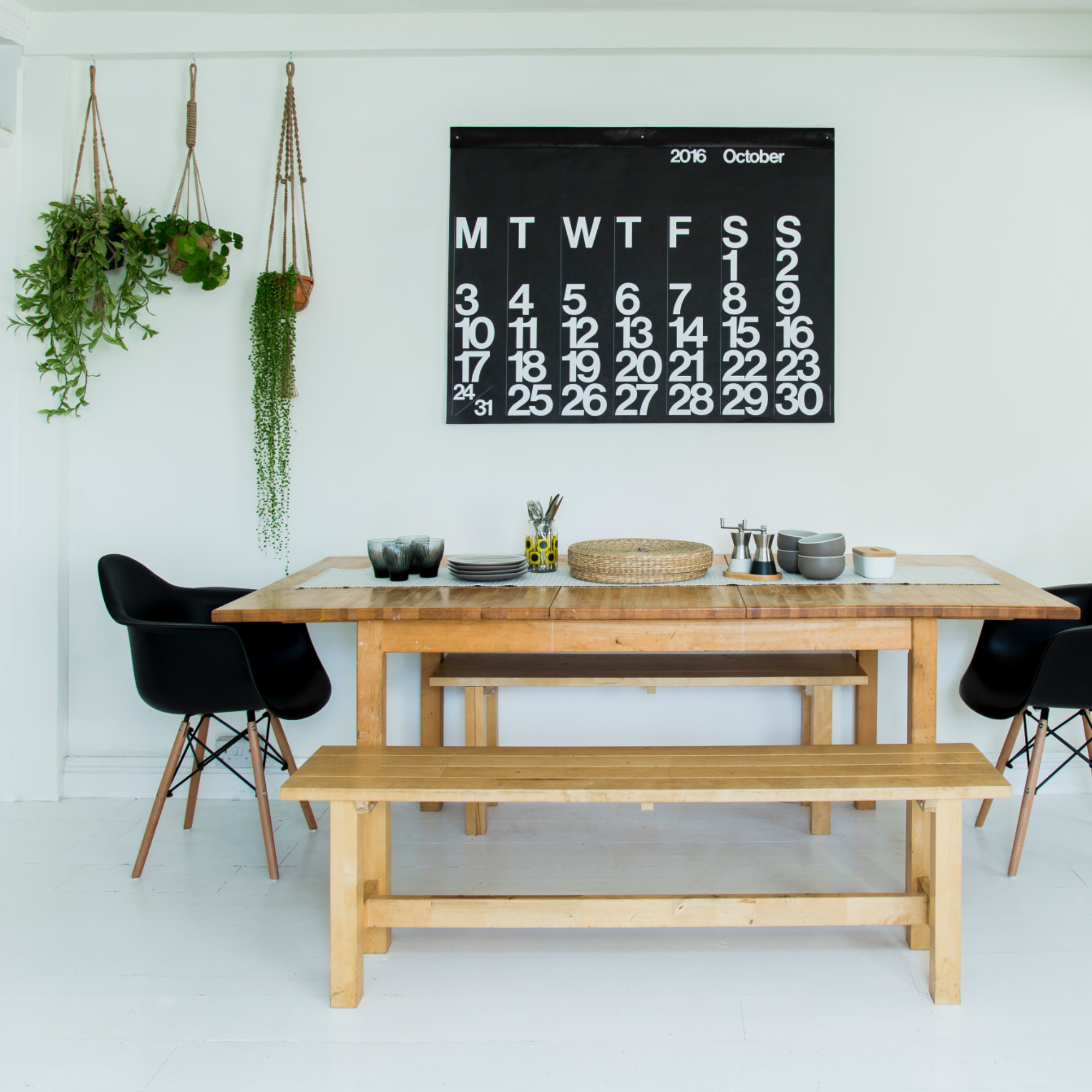
6. Use the 30 day rule
Another great money saving habit to get into is using the 30 day rule. We all know how tempting it can be to treat ourselves to a new item of clothing or beauty item that we don’t necessarily need, especially if it’s on sale. But this simple idea can be one of the most effective.
‘Before buying something non-essential, ask yourself is it really necessary. If you held on for 30 days would you still want it?’ Jo proposes. ‘By giving yourself that time to potentially cool off, you will know if it’s something you really want, or if it was a momentary temptation that has passed – and instead you can put the money into your long-term savings pot.’
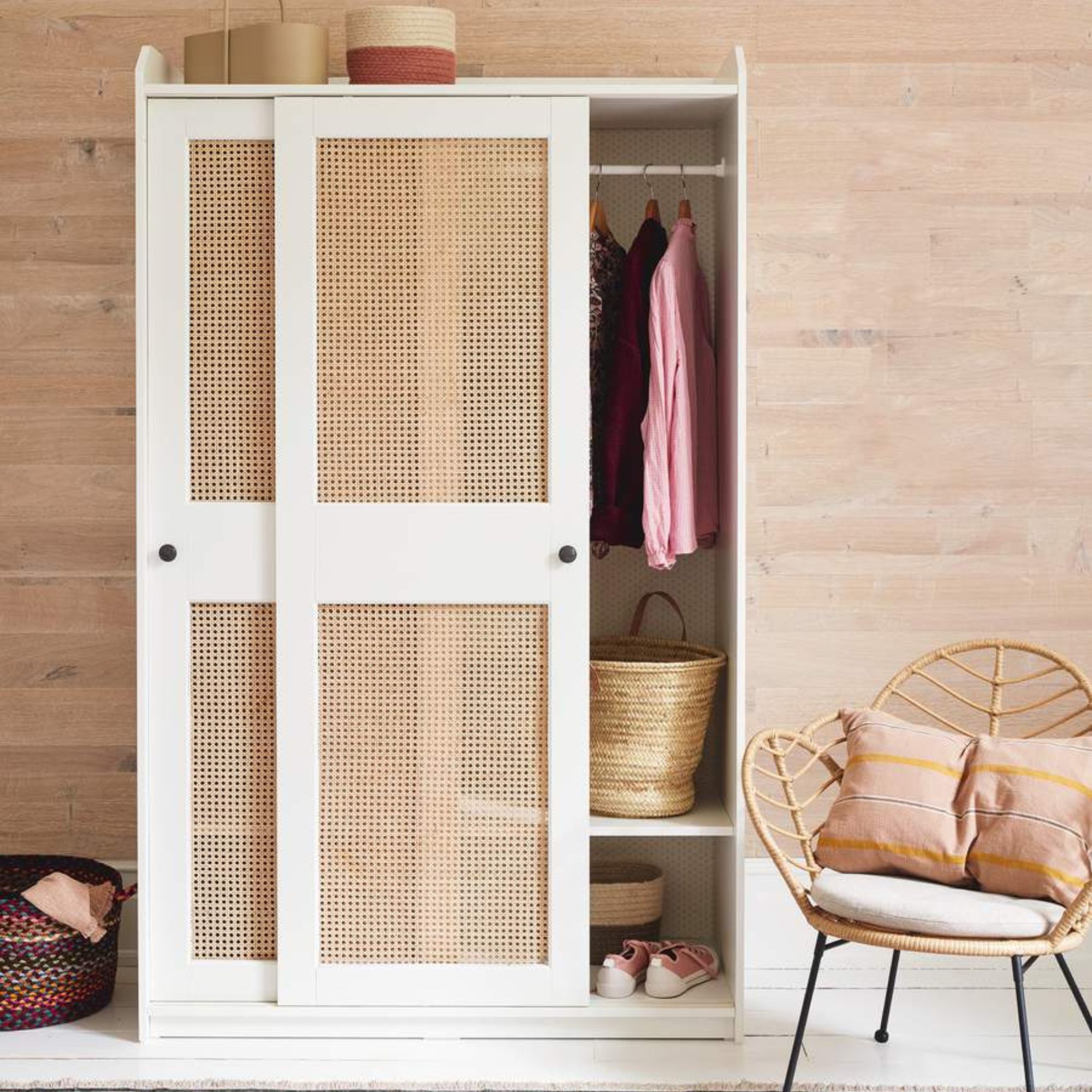
7. Shop smarter
When you do shop, there are ways to shop a bit smarter, saving you some serious money if you do it correctly. Take advantage of loyalty points and discount codes whenever you make purchases – whether that be online or in-person.
Over time, these savings can really add up and go directly towards your deposit.
8. Open up a Lifetime ISA
If you’re saving for your first home and you don’t already have a Lifetime ISA, 2025 is the year to open one. Essentially, ‘the government's LIfetime ISA scheme is a good way to save money and get more back than you put in,’ explains Jo Pocklington, MD of Purplebricks Mortgages. So, you can pay up to £4000 a year and the government will add 25% to your savings – or up to £1,000 – a year.
‘Having a separate account also helps avoid the temptation to dip into your savings,’ Fiona adds.
You do need to be between 18 and 39 to apply for a Lifetime ISA, ‘but you can keep saving until you buy your home or until you're 50,’ Jo explains. And there is a property price limit, depending on where you live in the UK which can be restrictive so be aware of what it is for your location first.
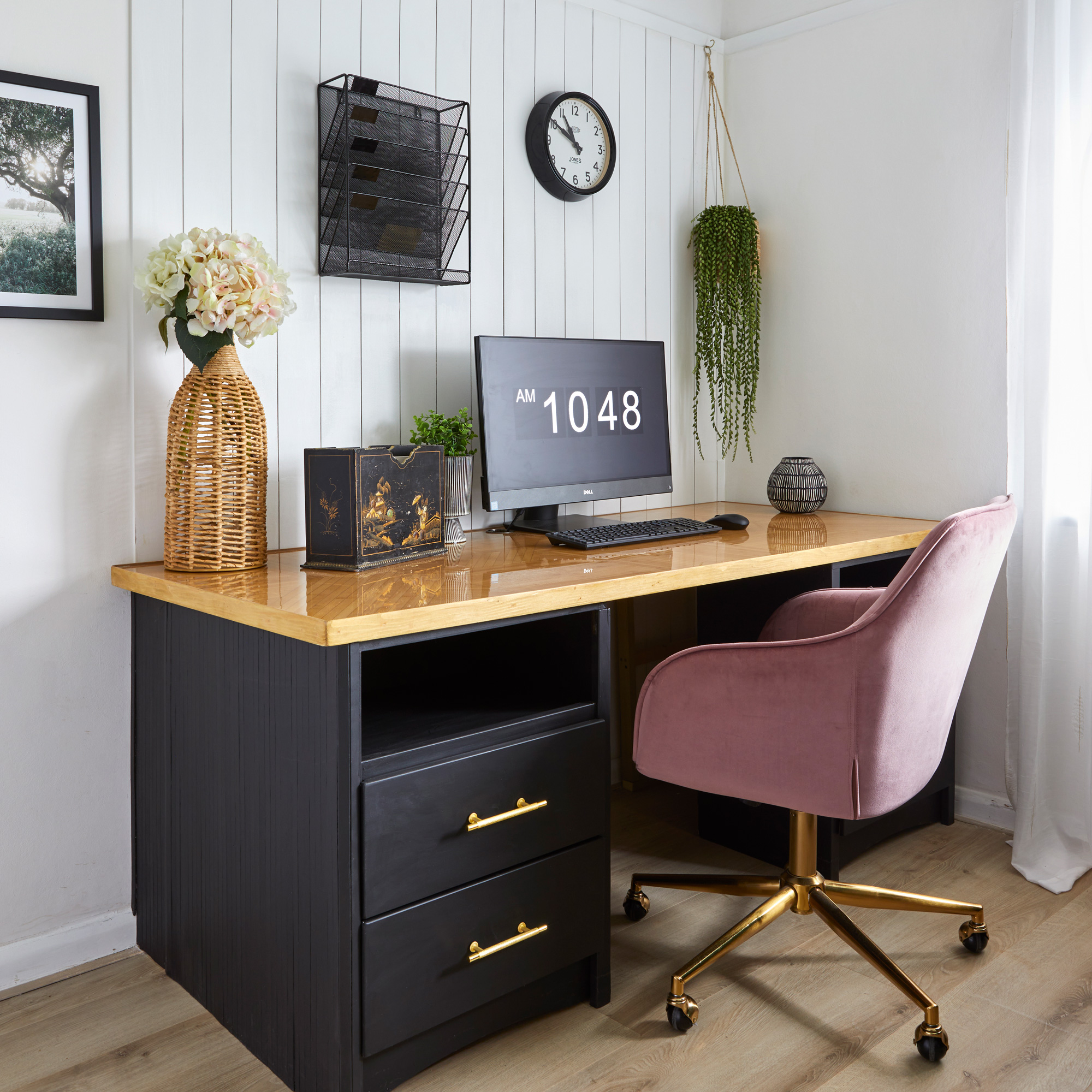
9. Check your credit report
Most of us probably won’t be aware of what our credit score or rating is. But, as taking out a mortgage requires a good credit score, ‘lenders may even offer cheaper deals to customers with a better score,’ says Amy Knight personal finance expert at NerdWallet UK.
There are a few different ways that you can order a free credit report, which will show you the latest information on your credit history. ‘There may be issues you can rectify before a lender runs a hard credit check, for example, if your address is incorrect you can contact Experian, Equifax or Clearscore to put it right,’ Amy adds.
Checking your credit score every so often is also a good habit to get into, more generally, the experts concur.
10. Think as though you have a mortgage already
Finally, ‘If you’re a first-time buyer currently paying rent that is higher than the monthly repayment you’d make on a mortgage, the financial adjustment shouldn’t be too tough. However, if you’re living at home or in shared accommodation where your rent is much cheaper than a mortgage, it can help to practice paying out the extra amount,’ Amy declares.
‘For example, if you’re looking at a mortgage repayment of £2,500 per month and your rent is currently £2,100, can you afford to save the difference? If it’s difficult to consistently save the extra £400 each month, you may be at risk of overstretching yourself, even if a mortgage lender says you can afford that amount. Go back to your budget and consider whether it’s your spending or your goal that needs adjusting.’
Putting even some of these habits into practice could make owning your own home a reality in 2025. You can do it!
Get the Ideal Home Newsletter
Sign up to our newsletter for style and decor inspiration, house makeovers, project advice and more.

Ellis Cochrane has been a Freelance Contributor for Ideal Home since 2023. Ellis has been writing about homes, interiors and gardens for four years now, with her also contributing to House Beautiful, Country Living, Expert Reviews, Real Homes and Stylist.
-
 A strict colour palette and vintage finds have turned this semi-detached Edwardian house into an elegant family home
A strict colour palette and vintage finds have turned this semi-detached Edwardian house into an elegant family homeSticking to a three-colour palette of green, pink and yellow and mixing in plenty of vintage furniture and art has created an authentic period feel
By Stephanie Smith
-
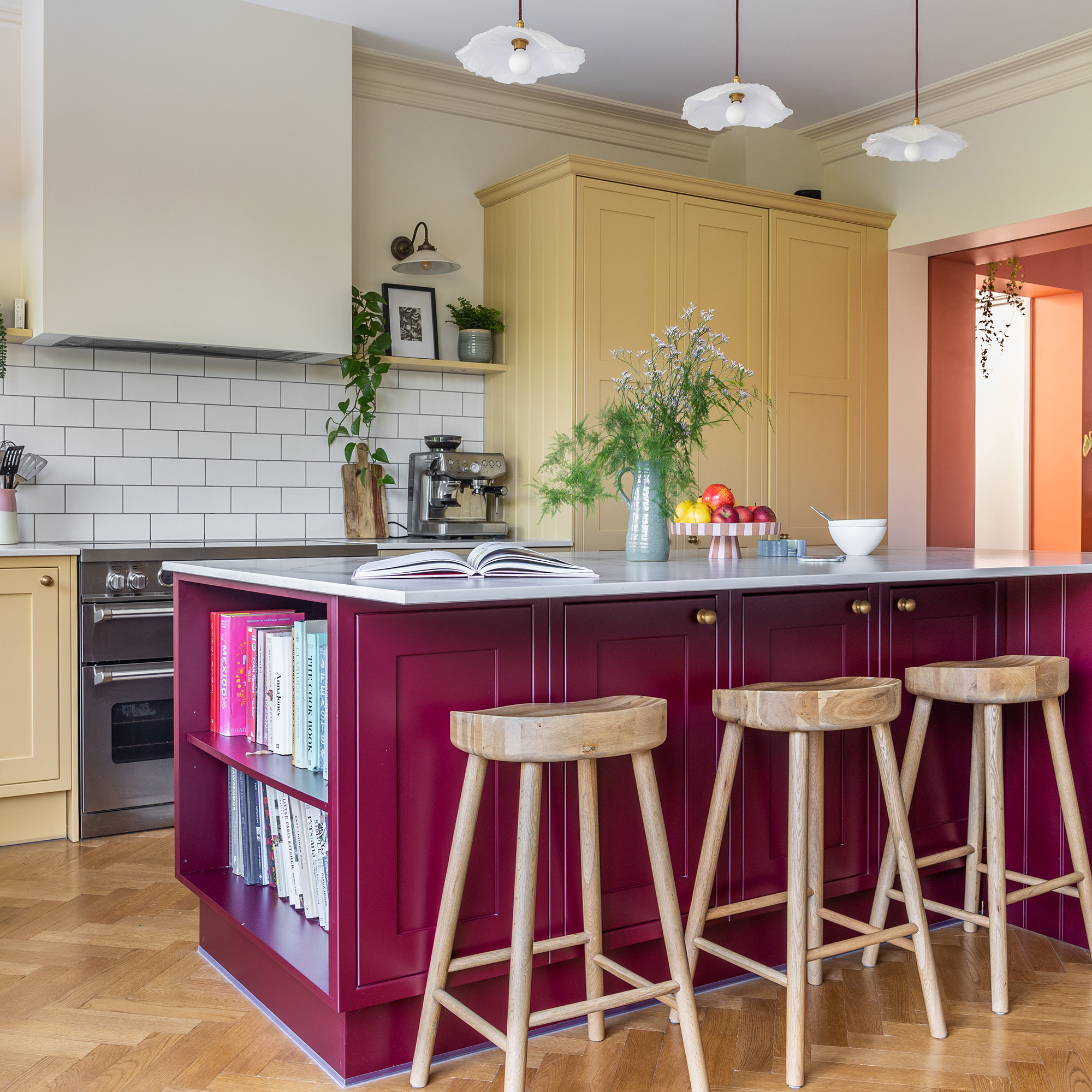 A top-to-bottom renovation has turned this Edwardian house into a lovely family home
A top-to-bottom renovation has turned this Edwardian house into a lovely family homeWith a few considered structural changes, this period house has been turned into a family home and has created a sanctuary for years to come
By Maxine Brady
-
 How to heat a conservatory
How to heat a conservatory7 practical options to consider for year-round comfort
By Amy Reeves